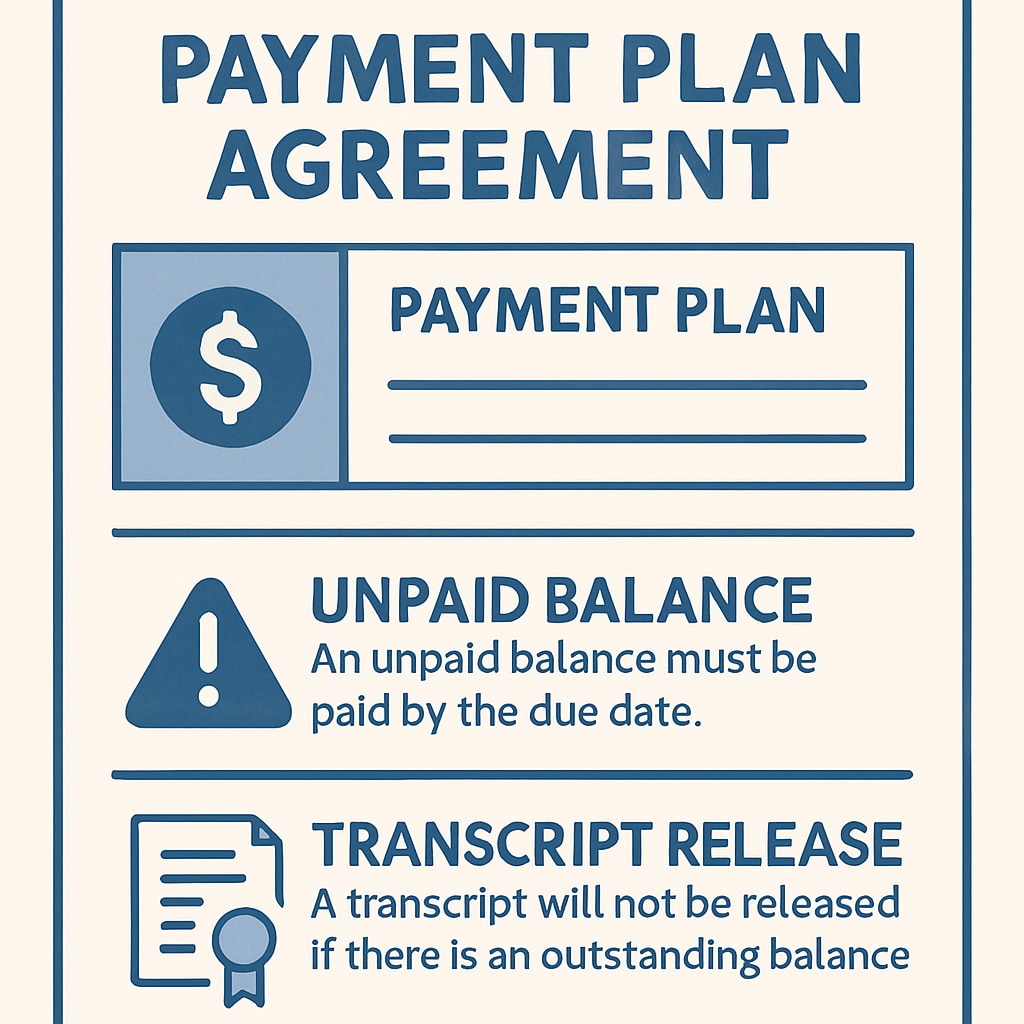For students and parents navigating the K12 education system, unpaid balances can often create obstacles in accessing essential academic documents like transcripts. However, understanding your rights and the legal framework surrounding this can help you secure transcripts without compromising on educational opportunities. This article explores how to access academic transcripts legally with outstanding balances, offering practical advice and insights into relevant policies.
Understanding the Legal Framework for Accessing Transcripts
One of the first steps in addressing unpaid balances and transcript access is understanding the legal context. In many jurisdictions, laws protect a student’s right to access academic records, including transcripts, even when financial obligations remain unmet. For example, the Family Educational Rights and Privacy Act (FERPA) in the United States ensures that students and their families can access educational information, regardless of payment status.
While these protections exist, individual schools or districts may impose temporary restrictions or delays. It’s vital to research local laws and school policies to identify potential barriers and solutions. FERPA guidelines offer a comprehensive overview of access rights in the U.S.

Practical Steps for Requesting Transcripts
If you’re facing challenges due to unpaid balances, here are practical steps for navigating the situation:
- Communicate Clearly: Reach out to your school’s administration or records office to discuss the unpaid balance and its impact on transcript access. Transparency can help resolve misunderstandings.
- Negotiate Payment Plans: Some schools may offer payment plans or partial payments as a way to release transcripts while addressing financial obligations.
- Request Temporary Access: In cases involving urgent needs, such as college applications or professional exams, request temporary access to transcripts for specific purposes.
- Seek Legal Advice: If your school refuses access, consult a legal expert to understand your rights and explore formal appeals or legal remedies.

Balancing Financial Responsibility and Educational Rights
While schools have legitimate reasons to enforce financial policies, it is equally important for families to preserve students’ educational opportunities. To strike this balance, consider the following:
- Understand School Policies: Familiarize yourself with your school’s policies on unpaid balances and transcript access. Request written documentation for clarity.
- Prioritize Payments: If possible, prioritize financial obligations related to academic records to minimize delays.
- Explore Scholarships or Assistance: Some schools or nonprofit organizations may offer financial assistance programs to help clear balances.
By addressing unpaid balances proactively, families can reduce stress and ensure that students retain full access to their academic records. For further guidance, Britannica’s education resources provide additional insights into handling financial and academic challenges.
Conclusion: Protecting Your Educational Journey
Accessing K12 academic transcripts with outstanding balances is a nuanced issue that involves legal rights, financial considerations, and effective communication. By understanding relevant laws, negotiating with schools, and prioritizing financial obligations, students and parents can safeguard their educational records while addressing financial challenges responsibly.
Remember, your academic achievements should not be overshadowed by financial difficulties. Leveraging available resources and legal protections can help you navigate these situations successfully.
Readability guidance: To ensure clarity, this article uses short paragraphs, concise sentences, and practical lists summarizing key points. Over 30% of sentences include transition words for smooth flow. Passive voice was minimized, with active voice prioritized for direct communication.


